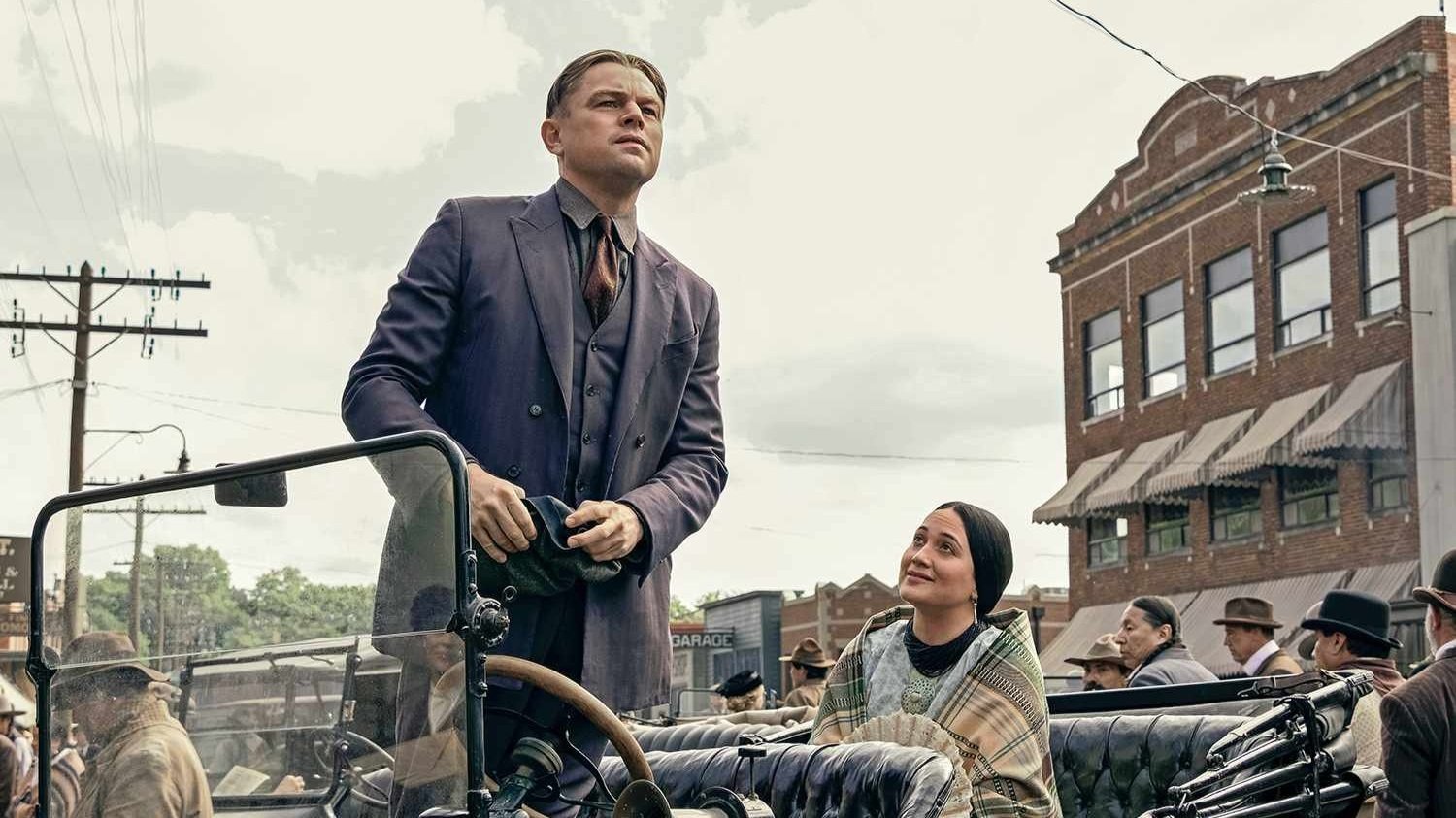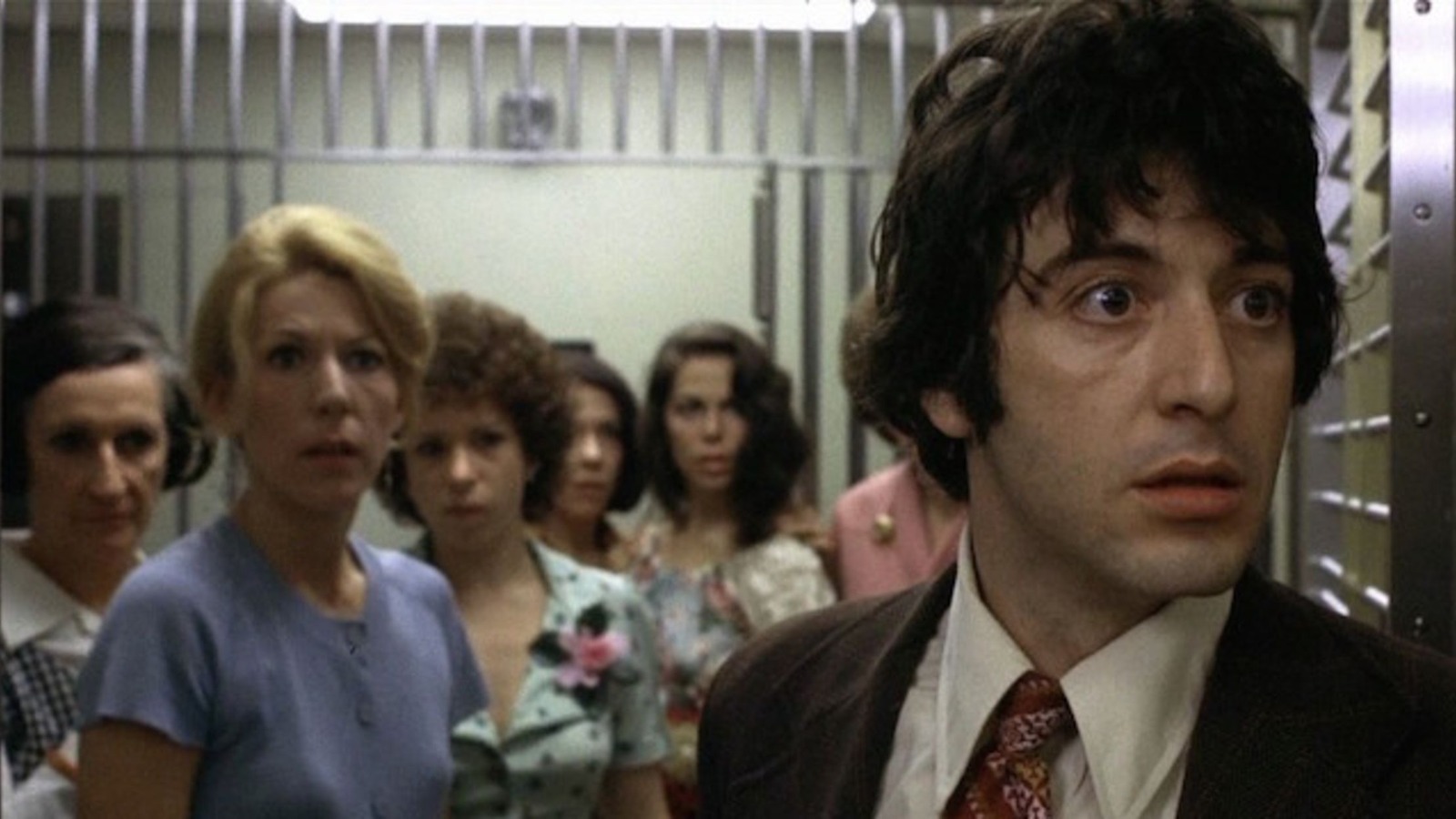-

Killers of the Flower Moon (2023)
Just as Martin Scorsese seems to have had his final say on the crime genre, a spate of violent assassinations targeting the Osage people for their newfound wealth emerges in Killers of the Flower Moon, sprawling this colonial exploitation and genocide out across an epic narrative that elegiacally mourns one of America’s great historical injustices.
-

Dog Day Afternoon (1975)
The complicated love story behind the bank robbery and police stand-off of Dog Day Afternoon was never going to survive the media sensationalism around it, though Sidney Lumet’s gripping crime narrative offers the two criminals at its centre great sensitivity in its nuanced characterisations, sympathetically studying the pressures and poor decisions that led them to…
-

El Conde (2023)
Pablo Larraín’s creative historical revisionism in El Conde transforms Chilean dictator Augusto Pinochet into a vampiric icon of fascism, continuing to feed on society’s most vulnerable in his old age while descendants, lovers, and organised religion seek to profit off his legacy, giving this monochrome political satire a viciously witty bite.
-

Mean Streets (1973)
Martin Scorsese’s Catholic guilt reverberates strongly through the theological symbolism of his breakthrough gangster film Mean Streets, seeking redemption for one low-level New York mafioso trapped in his own personal purgatory of secular modernity, while cutting him off from the spiritual roots of his faith.
-

Lola Montes (1955)
Max Ophüls’ untethered camera sways freely with the currents of history and destiny that swirl around renowned dancer Lola Montes, exposing the tragedy that sees the perverse celebrity culture of 19th century Europe simultaneously glamourise her rise to fame, and degrade her into an object of commodified, gaudy spectacle.

